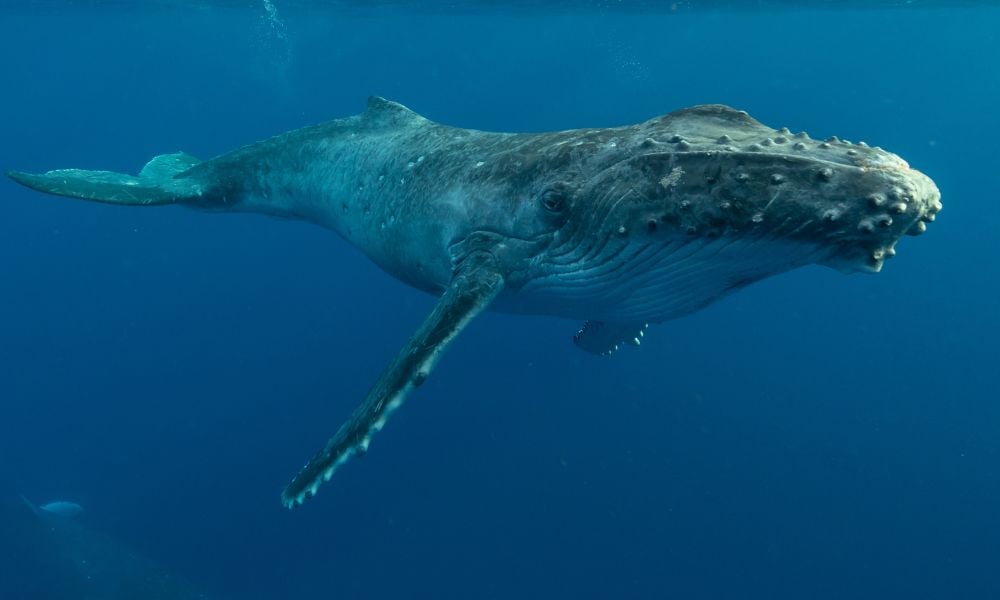Whales have been granted legal “personhood” by Indigenous groups in New Zealand, Tahiti, the Cook Islands, and Tonga — thanks to a treaty, signed by leaders of the Polynesian nations, which aims to better protect these majestic creatures and the oceans they call home.
Recognizing whales as having personhood affirms that whales have certain rights, according to Mere Takoko, a Māori conservationist.
“Those rights include the right to freedom of movement, to natural behavior development, to cultural expression, which includes their language, to a healthy environment, healthy oceans, and, indeed, the restoration of their populations,” Mere Takoko said in an NPR interview.
The Indigenous communities hope that by recognizing that whales have a right to a heathy ecosystem, other world leaders and governments will take steps to better protect whales — such as imposing significant fines for ships striking whales.
Increasing ocean temperatures that have upset the whales’ historic migratory routes combined with significantly more ships traveling the oceans and at record speeds has led to approximately 20,000 whale fatalities by ship collisions each year, according to Nautilus. Recognizing that whales have a right to safely migrate and implementing changes to prioritize their safety could result in healthier whale populations and oceans.
This not the first time animals or other elements of nature — like rivers — have been granted personhood. In fact, there are proposals to give nature itself “environmental personhood,” which would allow others to legally fight on nature’s behalf in court.
Whales are intelligent and social animals with unique cultures and language. They — and the oceans they live in — deserve our protection.
Lady Freethinker applauds the Polynesian leaders affirming whale personhood and encourages other government leaders to follow suit.








